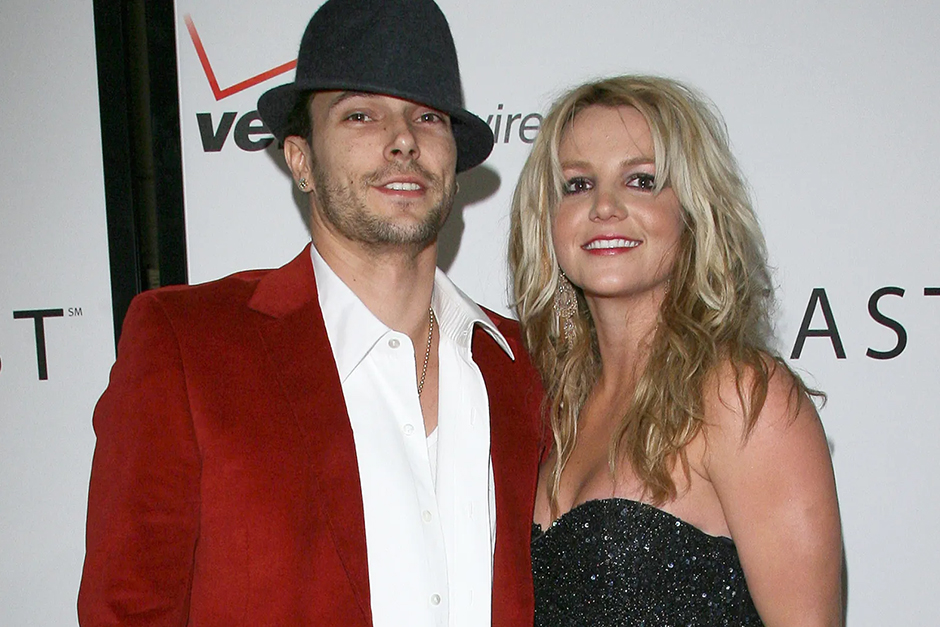The saga of Britney Spears continues to captivate, confound, and divide. Just when it seemed the #FreeBritney movement had achieved its ultimate goal, new chapters unfold, revealing a deeply complex narrative. At its heart lies a familiar, painful tension: Britney Spears, now free from her conservatorship, expresses a profound sense of feeling used and betrayed, while her ex-husband, Kevin Federline, publicly vocalizes concerns that she needs professional help. It’s a public wrestling match between autonomy and anxiety, freedom and fear, playing out under the unblinking eye of the world.
Britney’s Roar: The Unfiltered Search for Autonomy
For years, Britney’s voice was, by many accounts, silenced. Now, it’s a torrent. Her social media, a raw and unfiltered window into her post-conservatorship life, often veers from playful dances to intensely personal reflections. It’s here that her feelings of having been exploited, controlled, and utterly dehumanized become starkly clear. Every post, every dance, every candid thought shared online feels like a defiant reclaiming of self. She’s not just a pop star; she’s a woman who believes she was held captive, and now she’s flexing her newfound muscles of self-expression.
The “used” aspect isn’t just a recent sentiment; it’s the lingering trauma of a conservatorship that dictated every facet of her life, from her finances to her personal relationships. Her current behavior, which some find erratic, can be viewed through the lens of someone processing immense, long-suppressed emotions. For Britney, the idea of needing “help” might feel like a chilling echo of the system that she believes held her captive and stripped her of her voice. She’s fighting for the right to navigate her own journey, however messy, without external judgment or intervention.
Kevin’s Plea: A Father’s Worries and a Call for “Help”
On the other side of this emotional chasm stands Kevin Federline. His recent public statements haven’t come from a place of malice, but seemingly from a position of concern, particularly regarding their two sons. He’s spoken about Britney’s public behavior and the impact it has on their children, going so far as to suggest that she needs “help” from medical professionals. For a father navigating the complexities of co-parenting with a globally famous ex-wife, this perspective is understandable, if not entirely uncontroversial.
Kevin’s concerns, however valid they may feel to him, tap into a sensitive nerve for Britney and her supporters. The word “help” can be loaded, especially for someone who feels they were wrongly institutionalized and medicated. It raises questions about who defines “help” and whether it truly serves the individual’s best interest or the comfort of those around them. As one long-time entertainment observer put it, “When mental health becomes a public battleground between ex-spouses, especially after a history like Britney’s, trust is fractured, and the path to genuine resolution becomes incredibly steep.”
The Uncomfortable Crossroads
Ultimately, this isn’t just a celebrity spat; it’s a deeply human drama playing out for the world to see. Britney is asserting her autonomy, finding her voice, and processing years of trauma. Kevin, from his vantage point as a concerned parent, is asking for a different kind of intervention. Both perspectives, however conflicting, stem from a place of deeply felt conviction. The challenge now lies in finding a path forward that respects Britney’s hard-won freedom while addressing the genuine concerns of her family, especially her children, without resorting to the very systems that she fought so hard to escape. It’s a tightrope walk over a chasm of public opinion, and the outcome remains, as ever, uncertain.




